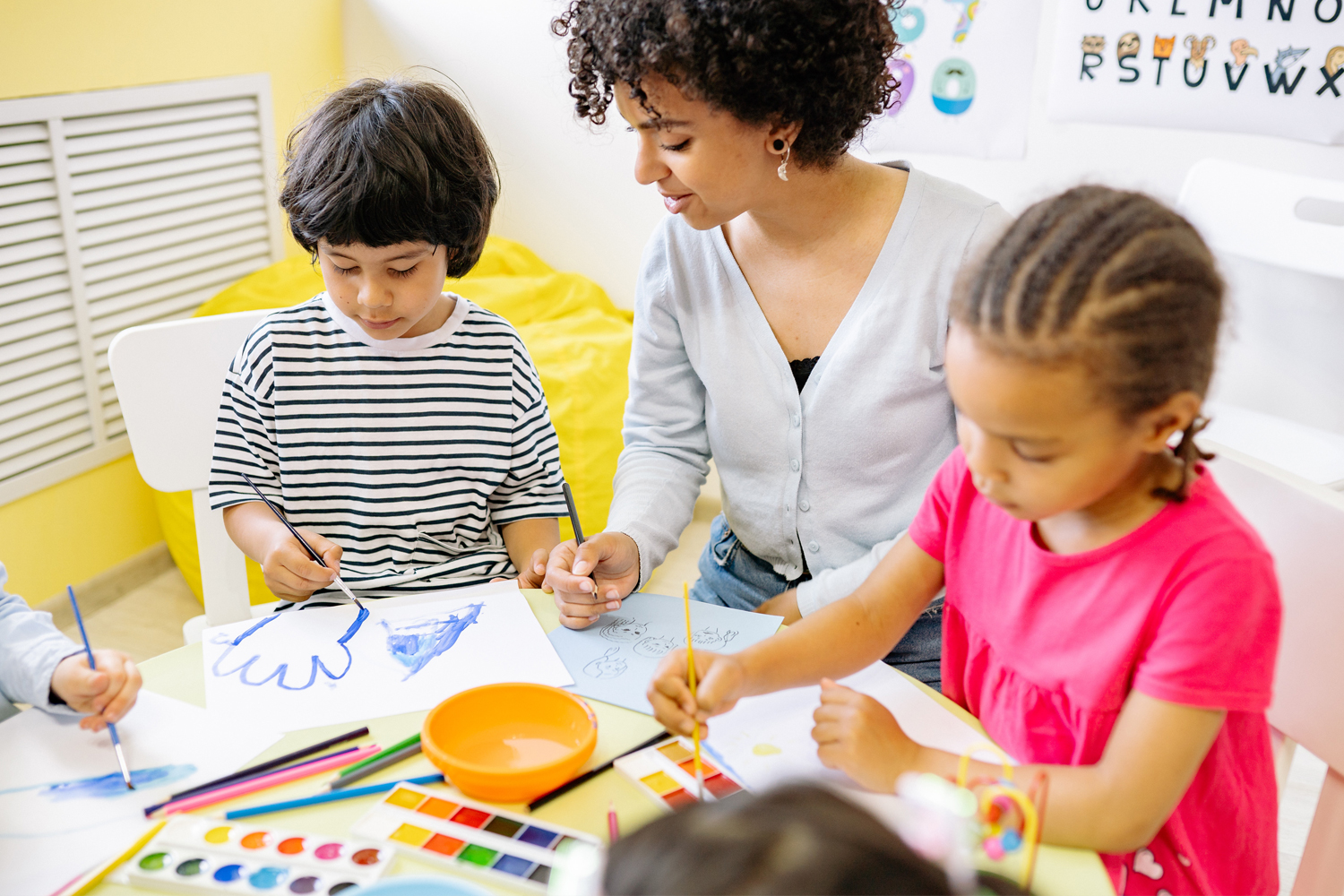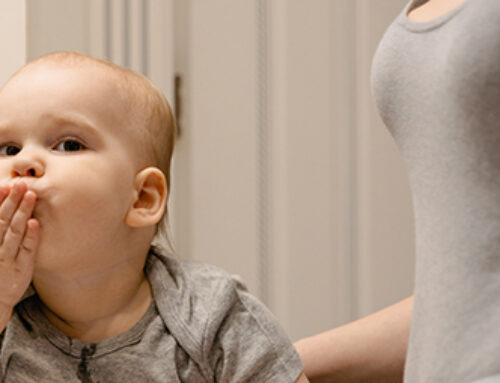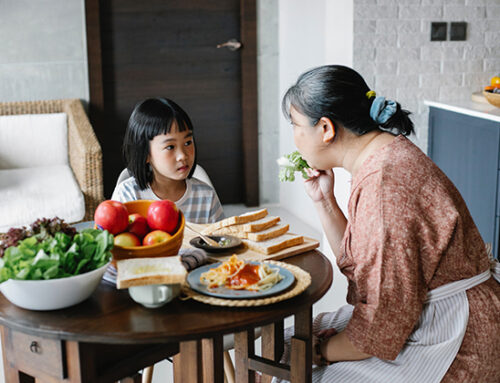Kids typically love getting involved and helping in the kitchen whether it is helping to cook dinner or baking tasty treats. While we have their attention, we can make cooking and baking an integrative language activity! Here are some ideas:
- Target preferential “yes/no” questions by asking your child what they want to make. Taking out ingredients or packages can serve as visual supports for making their choice.
- Label the ingredients as you take them out. Have your child repeat the words while their attention is on that item.
- Talk about the properties of each item. “The flour is soft and white. The butter is wet and squishy. The egg is hard and needs to be cracked. Etc.”
- Discuss the measurements of each item that you are putting in and whether the amounts are “more”, “less” or “the same”. “Look how much flour we are putting in. Is that more or less than the sugar?”.
- Talk about size comparisons. “Should we use a big spoon or a small spoon.” “Do we need a big bowl or a small bowl?”
- Use temporal language while you complete the steps of cooking/baking. “First we need to get out all of our ingredients. Then we put the butter in. Next, we crack the egg and put it in the bowl…”
- If it is a recipe that your child already knows, have them explain the steps to you! “What do I need first?” “What should we do next?” etc. If your child provides incorrect steps complete the steps incorrectly and see if they spontaneously correct you. If they don’t, question them, “wait, you told me to crack the egg but there is no bowl on the counter! I think we forgot something”
Activities that spike a child’s interest are some of the best opportunities to work on language skills. As a bonus, children often are more likely to taste or consume items that they have helped to make in the kitchen!

Blue Bird Day fosters socialization, sensory regulation, and pre-academic learning in children ages 2-7 years in therapeutic rotations that simulate preschool and kindergarten settings. Our compassionate therapists practice a relationship-based and family-centered approach, provide parent training, and collaborate on goals and individualized intensive treatment plans for your child.
We believe in a collaborative and multi-disciplinary team approach to therapy. A team of occupational therapists, speech-language pathologists, dietitians, developmental therapists, behavioral therapists, physical therapists, and therapeutic assistants are created for each child to ensure child and family are fully supported and the best possible results are achieved.
Options for individualized, group and virtual therapy sessions are available as well.
Want to learn more or you have a specific question? Feel free to connect with us here!



